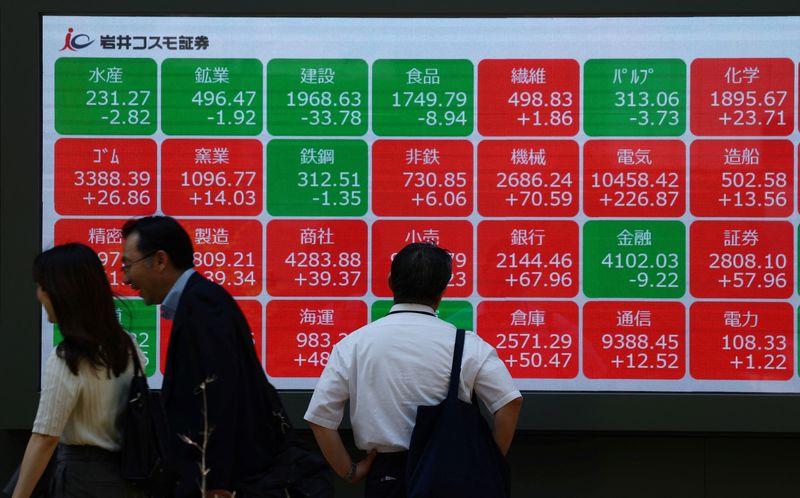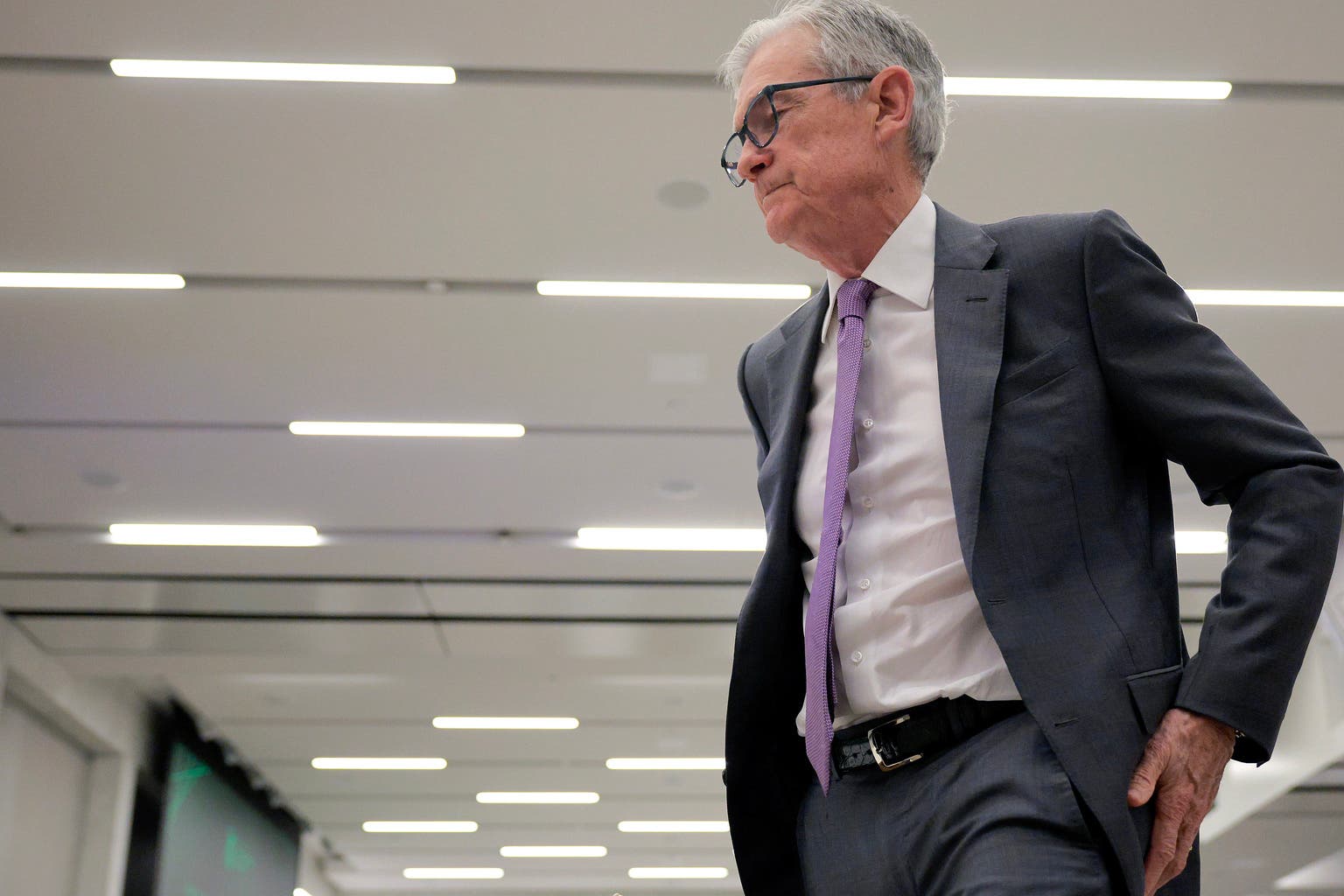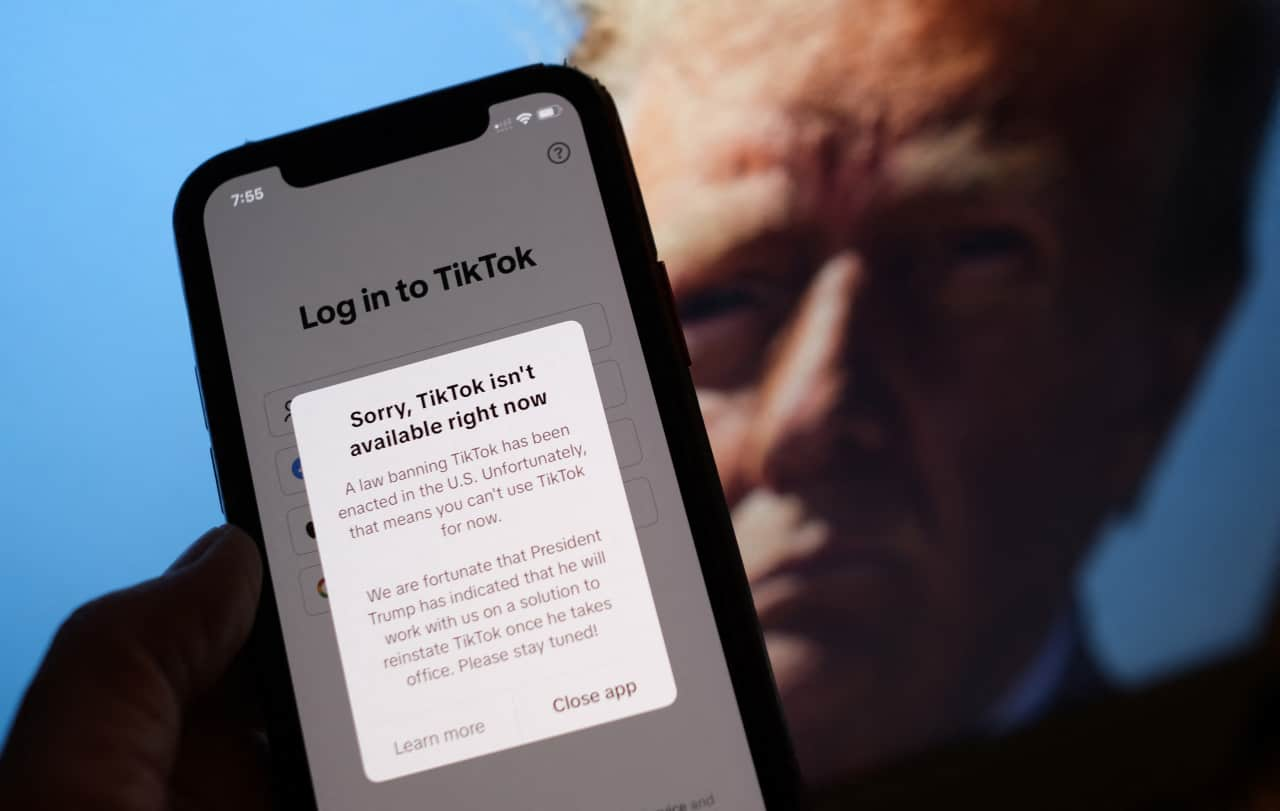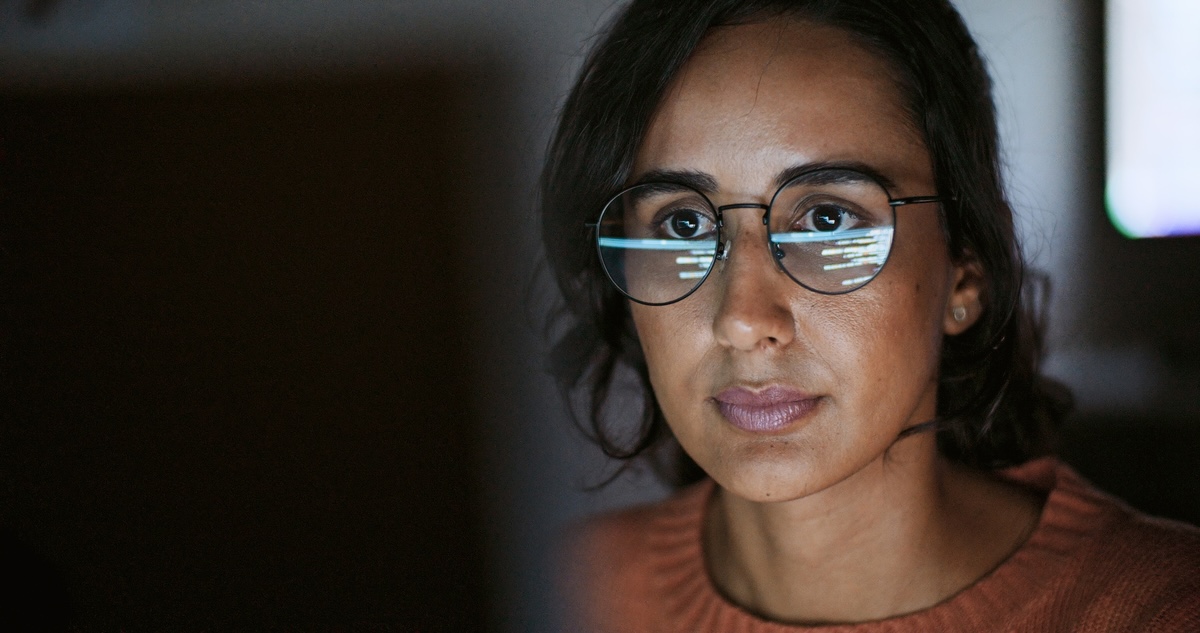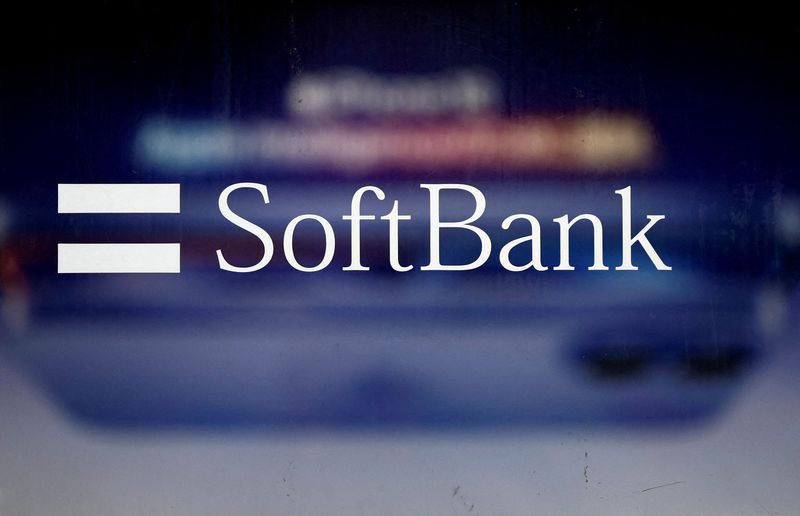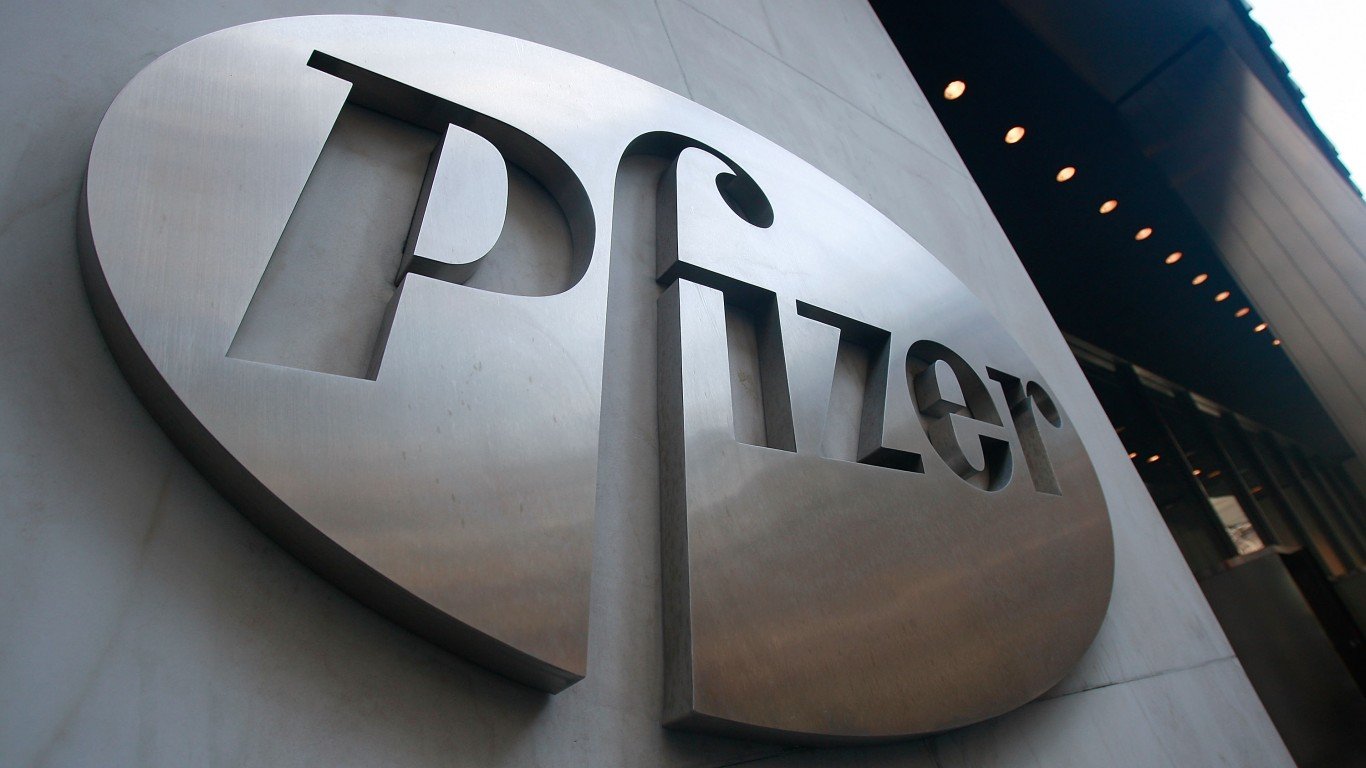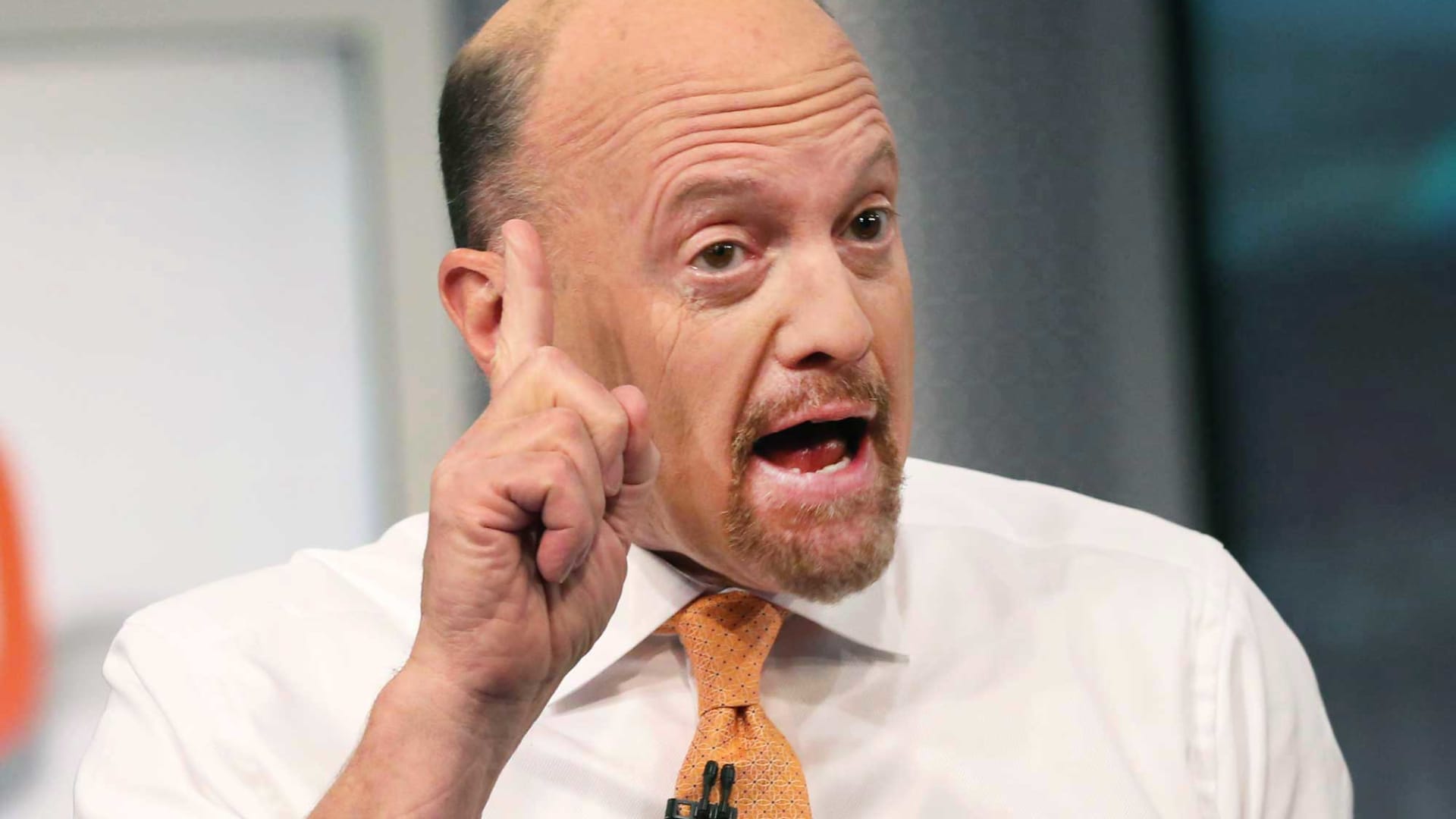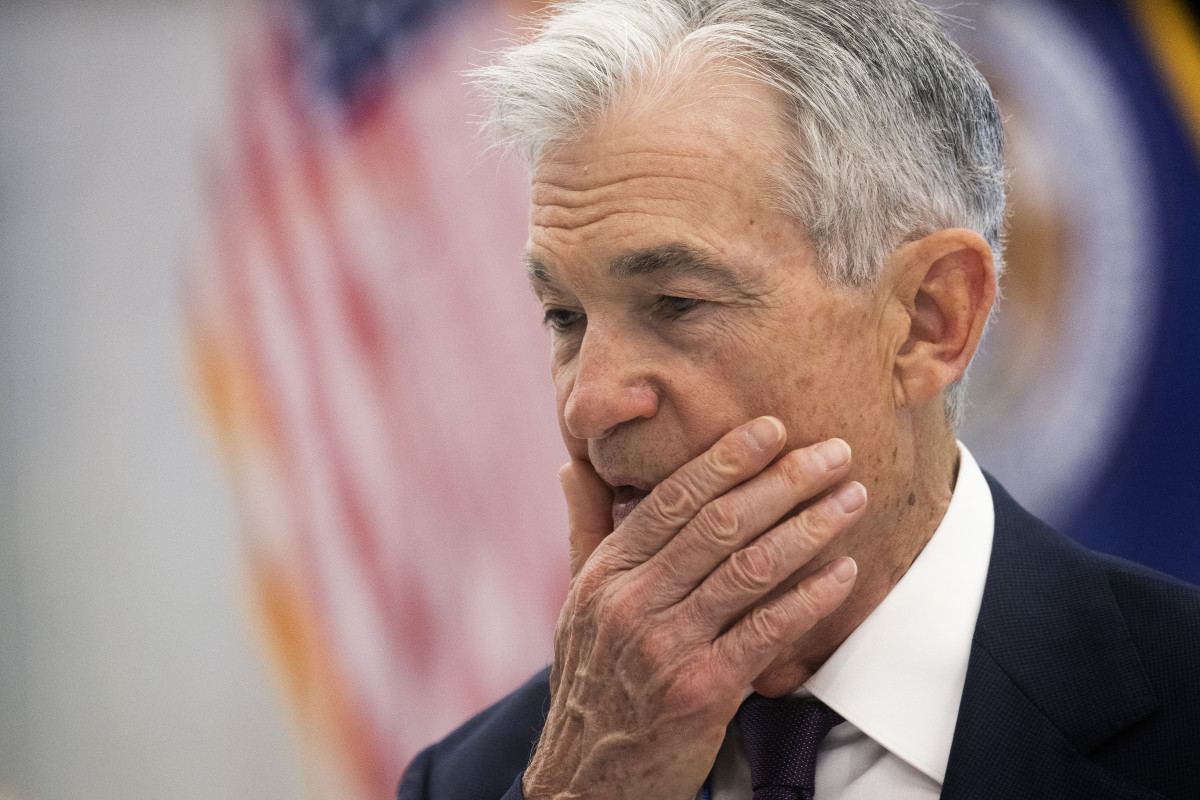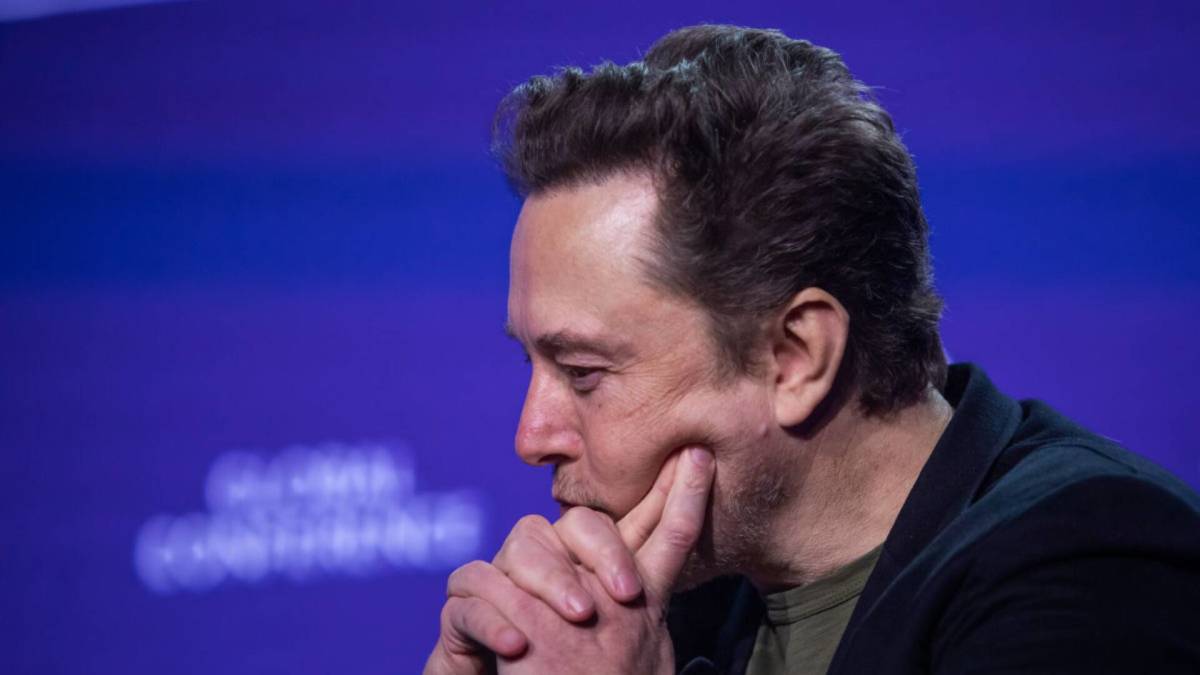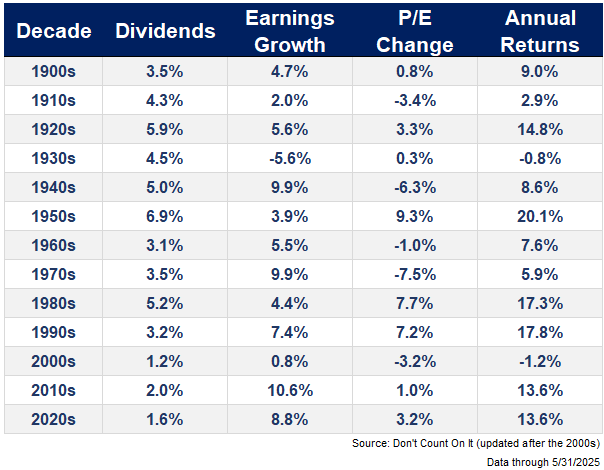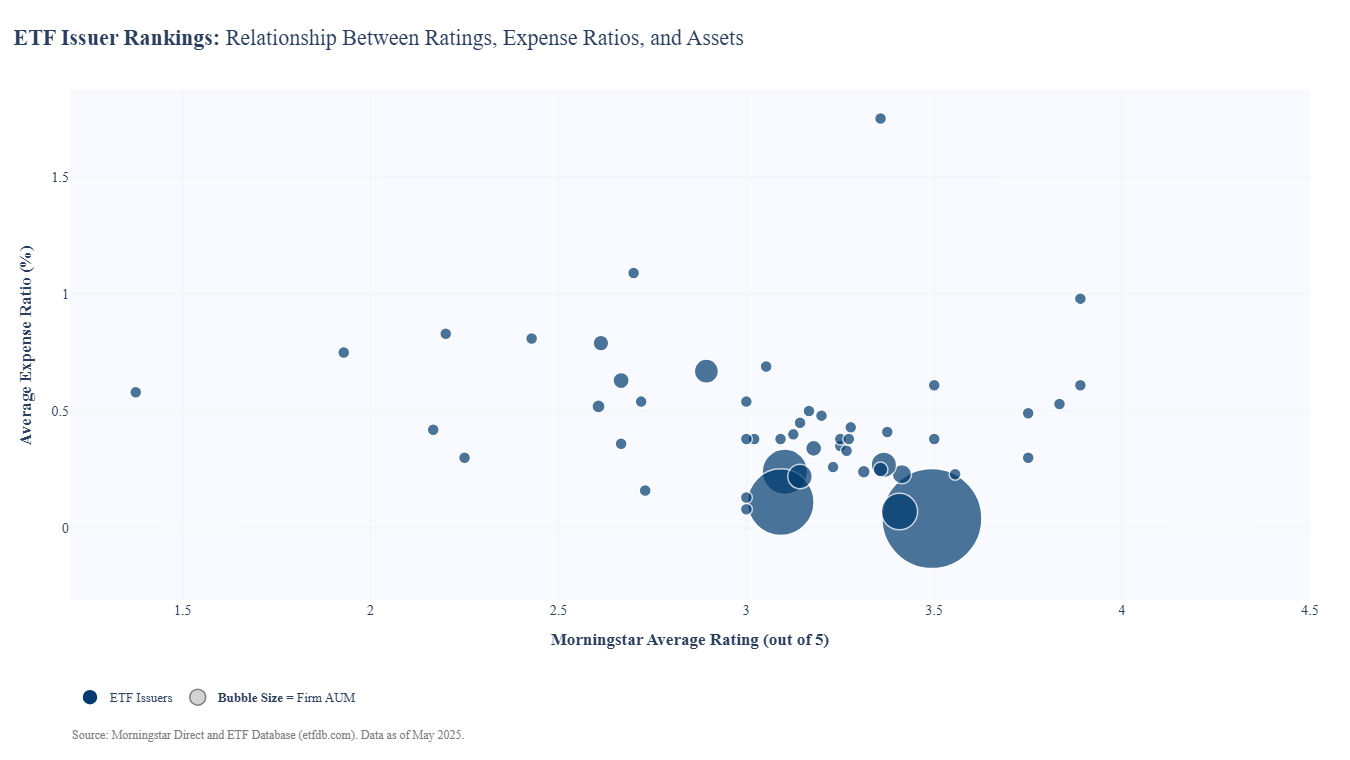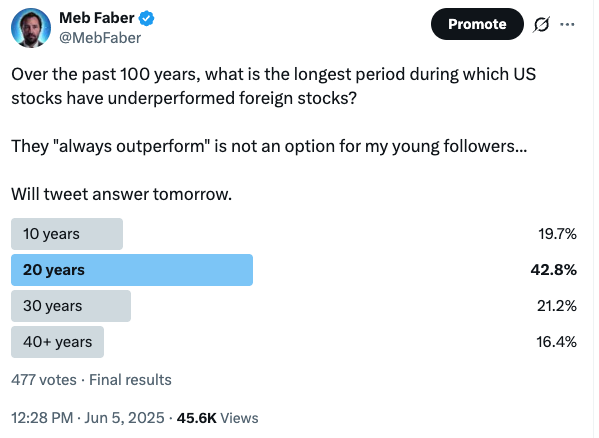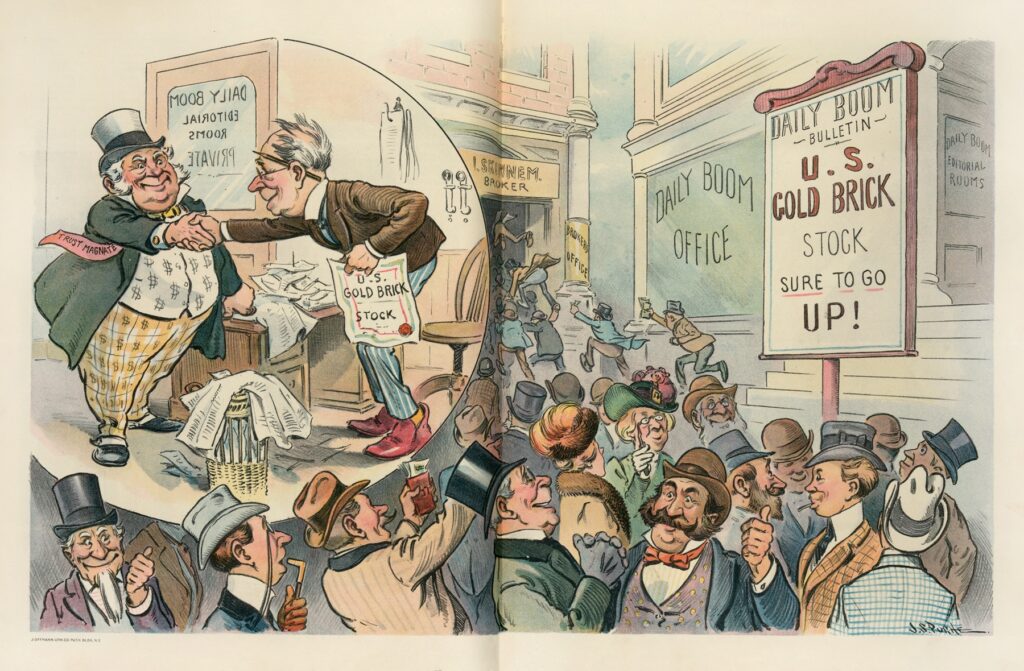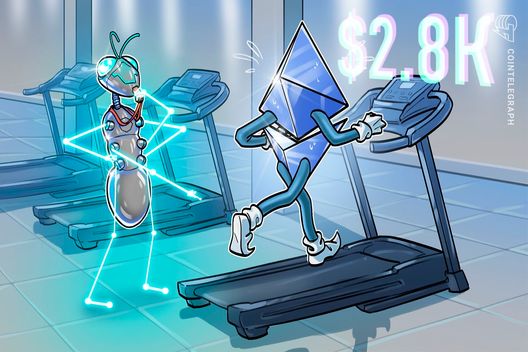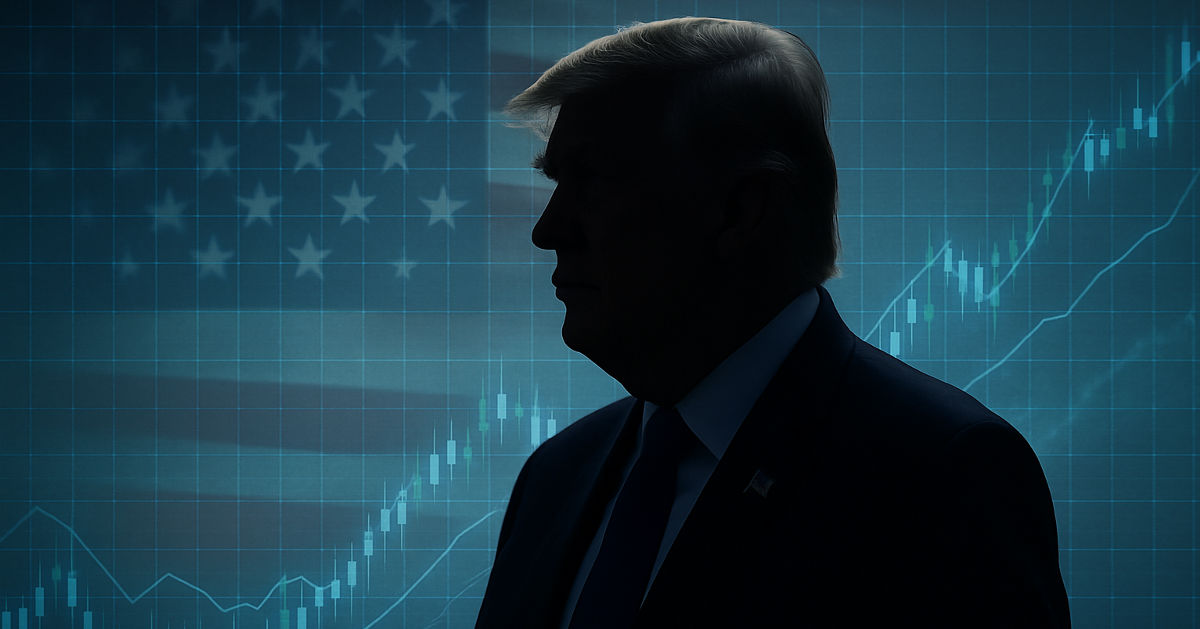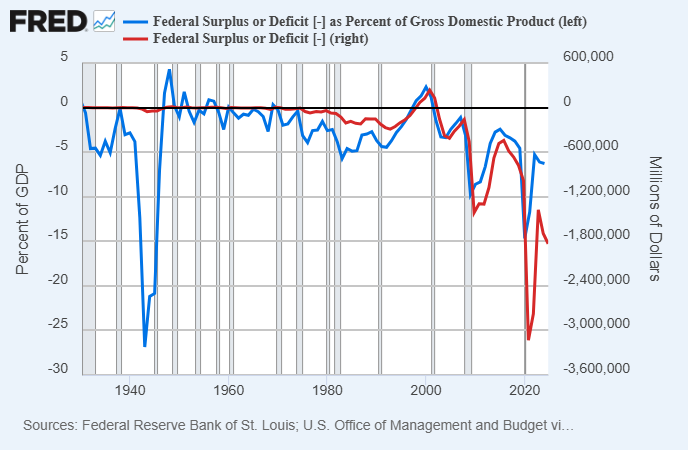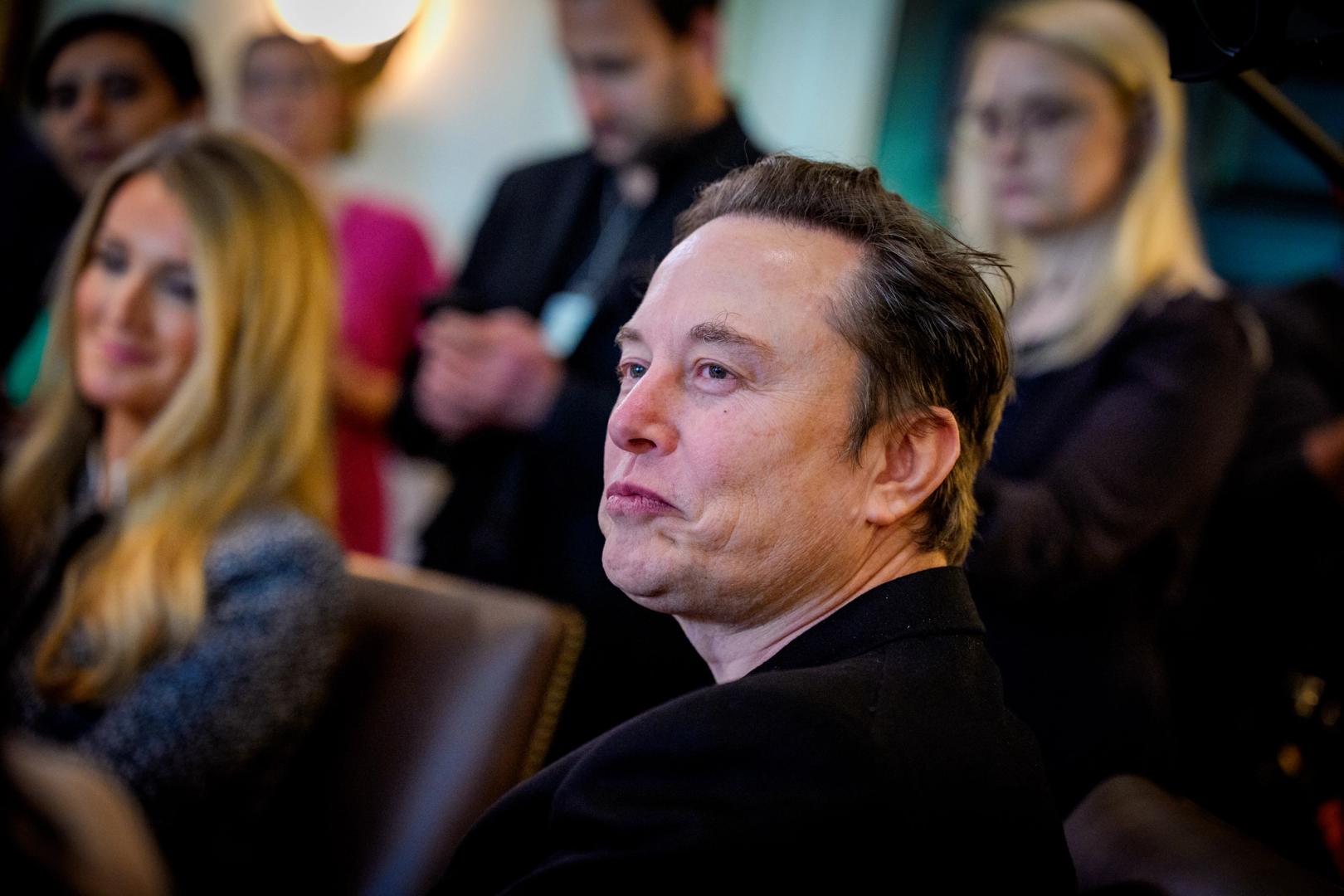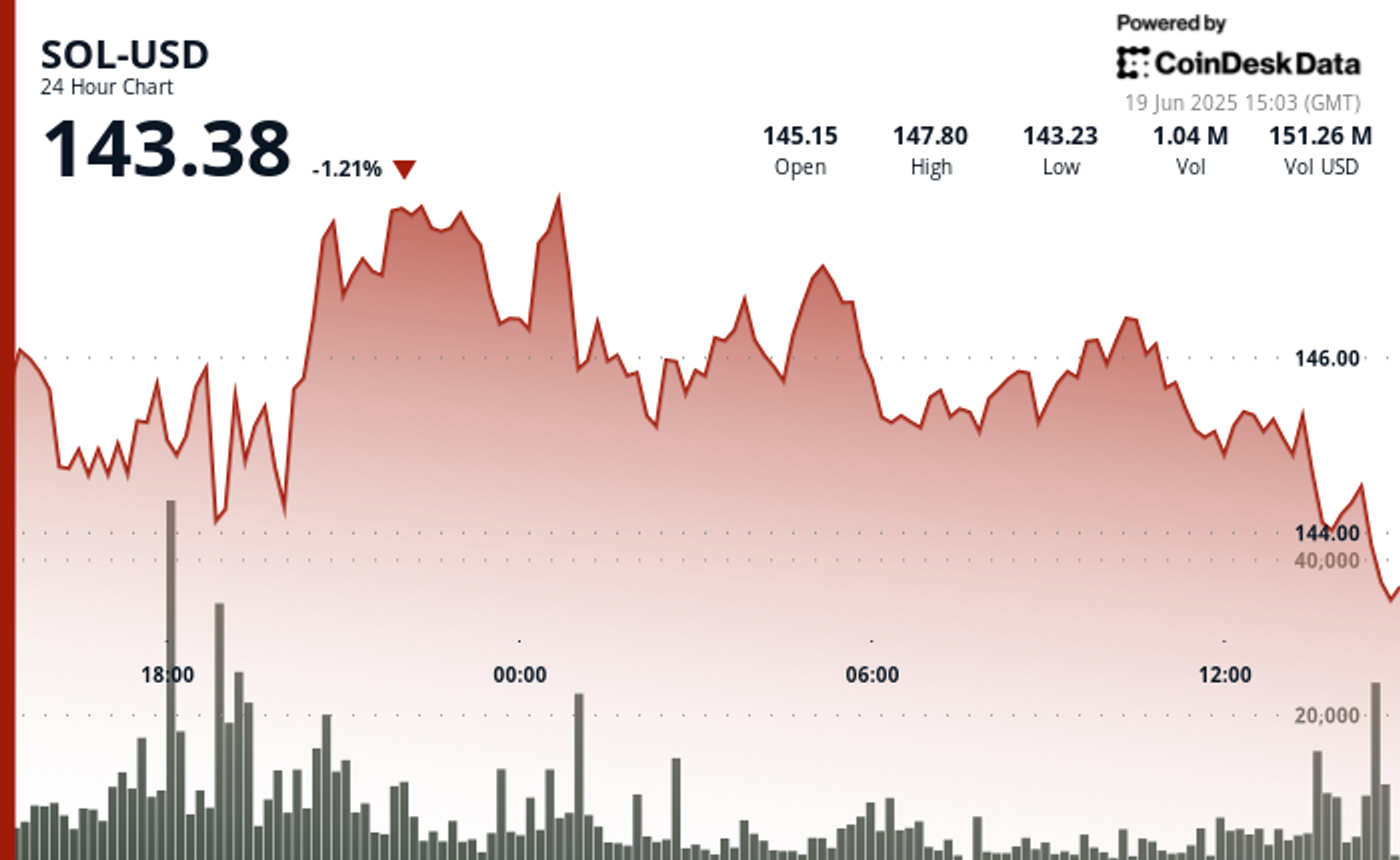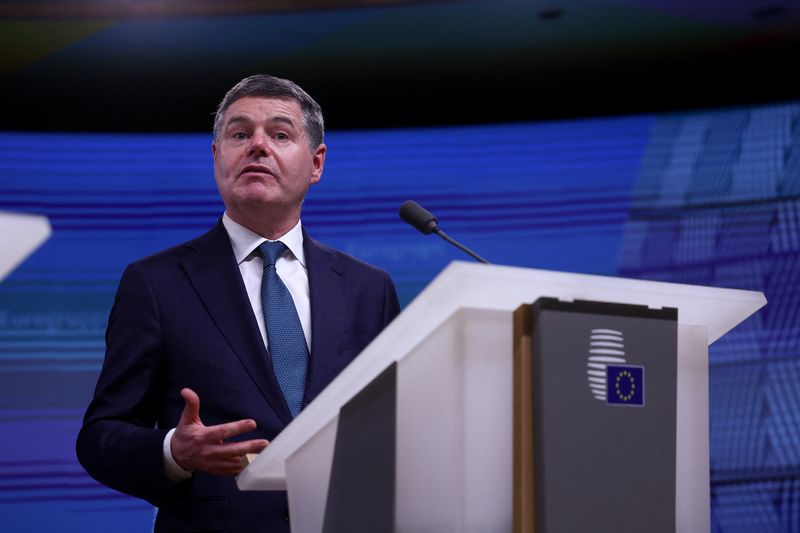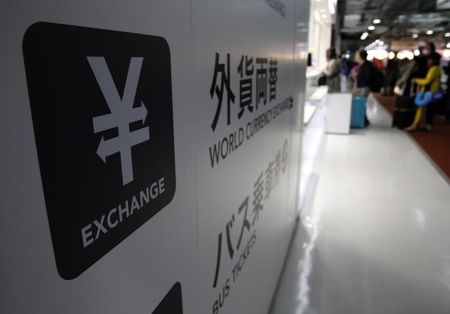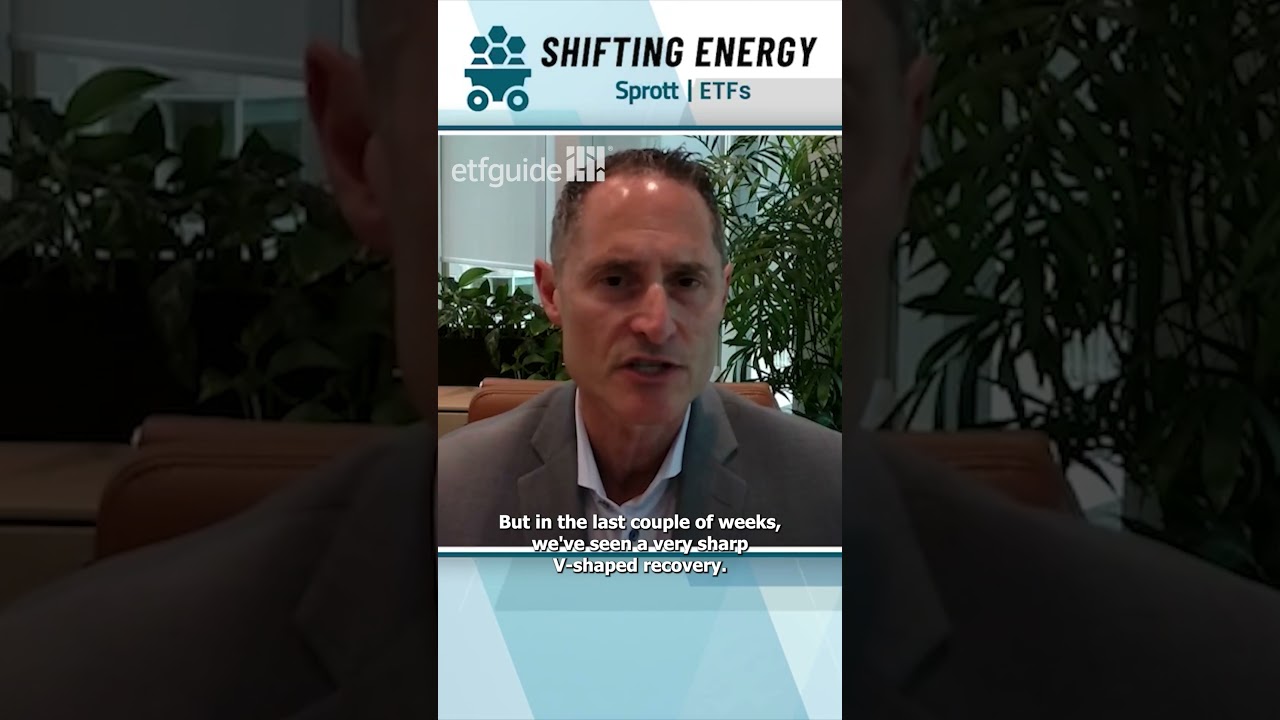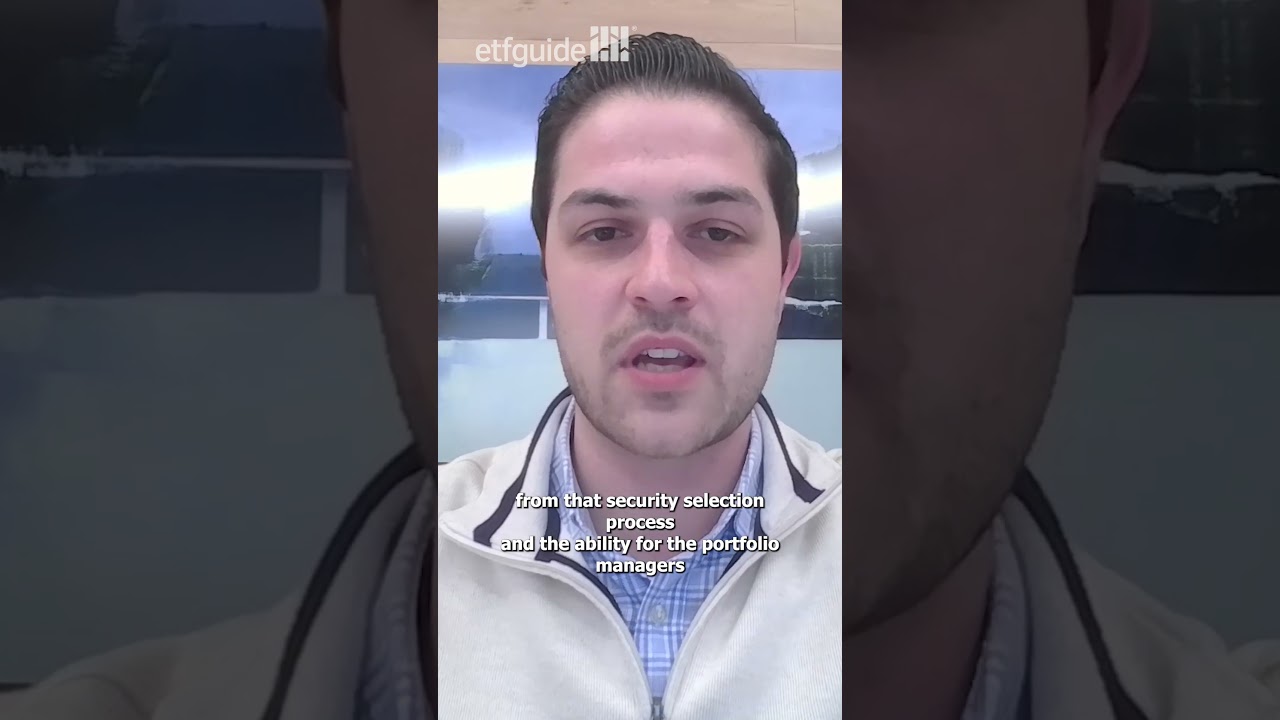DaVita CEO Javier Rodriguez: The Trump administration is ‘very aggressive in trying to change the trajectory of health care’
Also: All the news and watercooler chat from Fortune.

- In today’s CEO Daily: Diane Brady talks to Javier Rodriguez, CEO of DaVita.
- The big story: The world is waiting on Trump’s decision to bomb Iran.
- The markets: A mild selloff.
- Analyst notes from UBS on Trump v Iran, Pantheon Macroeconomics on consumer spending, and Oxford Economics on the labour market.
- Plus: All the news and watercooler chat from Fortune.
Good morning. It’s easy to find CEOs complaining about the state of things in Washington, D.C., but I recently spoke with one who is newly optimistic. And he works in healthcare, a place where optimism is in short supply of late. Javier Rodriguez runs DaVita, a global leader in dialysis and kidney disease, with $12.8 billion in annual revenues and 76,000 employees.
“The administration is new but they’re very aggressive in trying to change the trajectory of health care,” he said. “There’s a curiosity about revisiting how the system is structured that’s pretty exciting.” Rodriguez points to the debate over how to code treatments for insurance payments to reward interventions that make people healthier as an example. “The invitation that I received from the head of Medicare was, ‘let’s reimagine the whole thing. What would we do differently?’”
He answers that question with some questions of his own: How are we going to balance the dynamic between freedom of choice and accountability? (If you want to smoke, who should pay for that?) Should healthcare be for profit, or is it a God-given right? Where do we invest and where can we cut costs? And he suggests some answers, such as incentivizing preventive care and using technology to free up caregivers to spend more time with patients.
“The biggest frustration for me is that people don’t empathize enough with kidney failure,” he said, noting it’s “frustrating and deflating to those teams that wake up every single day and deliver 28 million treatments a year, safely … It’s hard to get people interested in health care,” he told me, “until they need it.”
More news below.
Contact CEO Daily via Diane Brady at diane.brady@fortune.com
This story was originally featured on Fortune.com








